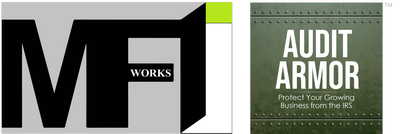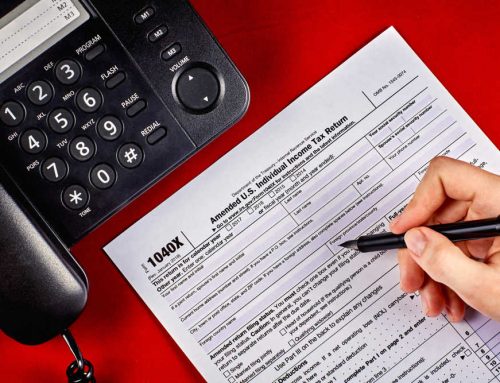
During these times with the pandemic, the federal government (state and local governments as well) are providing billions of dollars in grants to individuals and businesses to help stave off the economic devastation that is taking place. A big question that is coming up is: are COVID-19-related government grants taxable? Like most tax-related subjects, it depends. This article will discuss different types of COVID-19-related grants and whether or not they’re taxable.
What Is a Grant?
Before we get into the details, it is important we understand the basics first. First things first: what is a grant? A grant is basically money you don’t have to pay back, unlike a loan, which you have to pay back. For example, an Economic Injury Disaster Loan (EIDL) has to be paid back. Loans that have to be paid back are never taxable income to the person borrowing. However, some COVID-19-related loans, such as paycheck protection loans, can be forgiven by the government. When this takes place, the loan effectively becomes a grant.
Grants are Income
As a general rule, all income (no matter where it derives from) is taxable income unless the tax law provides an exception. Government grants are incomes, so it’s taxable unless stated otherwise by the law.
COVID-19-Related Grants for Individuals
The general rule that states grants are taxable does not apply to COVID-19-related grants for individuals. The general welfare exclusion allows individual taxpayers to be excluded from taxable income payments in connection to qualified disasters. This includes payments for living, family, or personal expenses. COVID-19 is qualified as a disaster, so local, state, and federal government grants to individuals for COVID-19-related expenses are tax-free.

COVID-19-Related Grants for Businesses
Unfortunately, the same does not go for COVID-19-related grants for businesses. Payment to businesses does not qualify under the general welfare exclusion due to the fact that they’re not based on individual or family needs. This means that COVID-related government grants for businesses are taxable income. This is true unless Congress acts to specifically exempt businesses from tax.
EIDL Emergency Advances
When Congress enacted the Coronavirus Act, Relief, and Economic Security Act, it made low-interest Economic Injury Disaster Loans (EIDLs) available to businesses in all states. They also established a new EIDL emergency advance program that gave applicants loan advances of $1000. Even though they’re called “advances,” these payments are not taxable.
$20 Billion in new EIDL Advance Money for Businesses
The new COVID stimulus bill signed on December 27 of 2020 provides $20 billion for EIDL advance grants of $10,000 for small businesses in low-income communities that:
- Were in operation by January 31, 2020
- Had fewer than 300 employees
- Were directed affected by COVID-19
- Have suffered from a deadline in gross receipts greater than 30% during an 8-week period within the months of March – December
EIDL Advances Are Not Taxable
The new stimulus law provides that the EIDL advances are not taxable income; however, the expenses paid with the advances are tax-deductible.

Summary
To summarize everything simply, the important takeaways of this article include:
- Unless tax law makes an exception, government grants are taxable income
- COVID-19 related grants for individuals are tax-free
- COVID-19 related grants for businesses are generally taxable
- EIDL advances are not taxable
- Paid expenses paid with EIDL advances are tax-deductible
- Businesses in low-income areas that receive EIDL advances of <$1000 will be able to apply for an increase in the prior advance
When it comes to COVID-19-related government grants, whether it’s taxable or not depends on the specific grant. We hope this article helped to learn which COVID-19 related grants are taxable and which are not. At MFI Works, we know that tax-related topics can be complicated, so don’t hesitate to contact us if you have any questions. To schedule a free initial business strategy session, click here.


